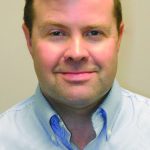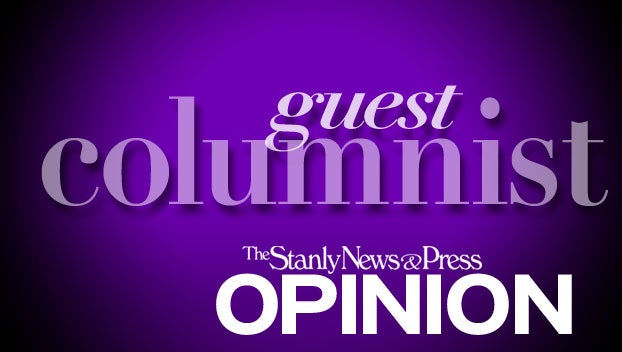ROGER WATSON COLUMN: Who will fill their shoes?
Published 6:35 pm Friday, September 27, 2019
Walking through any small town in America, it is easy to see who built it. There are plaques on park benches, near ballfields and in cultural centers honoring individuals and groups who contributed money or labor to make the project possible.
The contributors on those plaques are often civic clubs. From the end of World War II until today, civic clubs and churches have helped build America, often taking up where government leaves off by providing funds and imagination not supported by the taxpayers.

Roger Watson
They have picked society up, helped the less fortunate beyond the scope of government social programs and provided opportunities in both sports and academics for America’s youth.
The disbanding of the local Optimist Club recently follows a trend across the country of a lack of participation in civic organizations.
My first trophy came from the Happy Valley Optimist Club. It sponsored our community’s two-team baseball league. I was named “Mr. Hustle.” That trophy still maintains a proud place on a shelf in my office today.
It’s isn’t just civic clubs that are feeling the pangs of societal changes. With my wife serving as a Methodist minister, I get to tag along to the state conference each year.
It is an uplifting time of inspiration and sharing new projects and ideas. But there is that sad time when the closing churches are shown on the big screens and voted to be discharged.
Low memberships, aging congregations and the inability to reach new people in the community turn what was once a dream of being a beacon to the community into run-down buildings with overgrown landscaping.
There is a good essay on the subject of the fluctuating social capital in America called “Bowling Alone” by Robert D. Putnam. It was written in 1995 before the internet exploded, Facebook became a primary tool of social interaction and the iPhone allowed us to stare into a tiny screen ignoring everyone else around us.
Putnam points out that, at the time, more people in the United States were bowling than ever before, but participation in bowling leagues had declined dramatically. It seemed we had begun bowling alone.
The thing is, when we work to build communities, it’s very difficult to do it alone.
As civic clubs and churches continue to decline and we spend our time engaged in Twitter wars and Facebook political discussions, who is going to build the community and put up the little plaques noting their good work?
That is what I worry about when I read the Optimist Club is no longer active. Who is going to step in and get a project done when it is out of the scope of city or county government?
Albemarle and Stanly County have no shortage of projects that need work. Ballfields and parks can be enhanced. Our schools could benefit from community partners. There is much work to do. We need more civic engagement, not less.
Putnam points out in his book that America’s social capital has waxed and waned throughout the past two centuries.
Hopefully there will be replacements to the civic engagement and good works brought about by organizations like the Optimist Club, but it is hard to see what that will look like in the disconnected and divided society we are currently experiencing.
Roger Watson is publisher of The Stanly News & Press.


